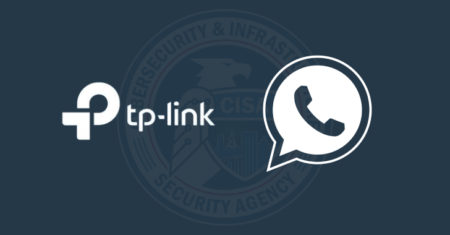CVE ID : CVE-2024-53015
Published : June 3, 2025, 6:15 a.m. | 1 hour, 12 minutes ago
Description : Memory corruption while processing IOCTL command to handle buffers associated with a session.
Severity: 6.6 | MEDIUM
Visit the link for more details, such as CVSS details, affected products, timeline, and more…
Source: Read More

